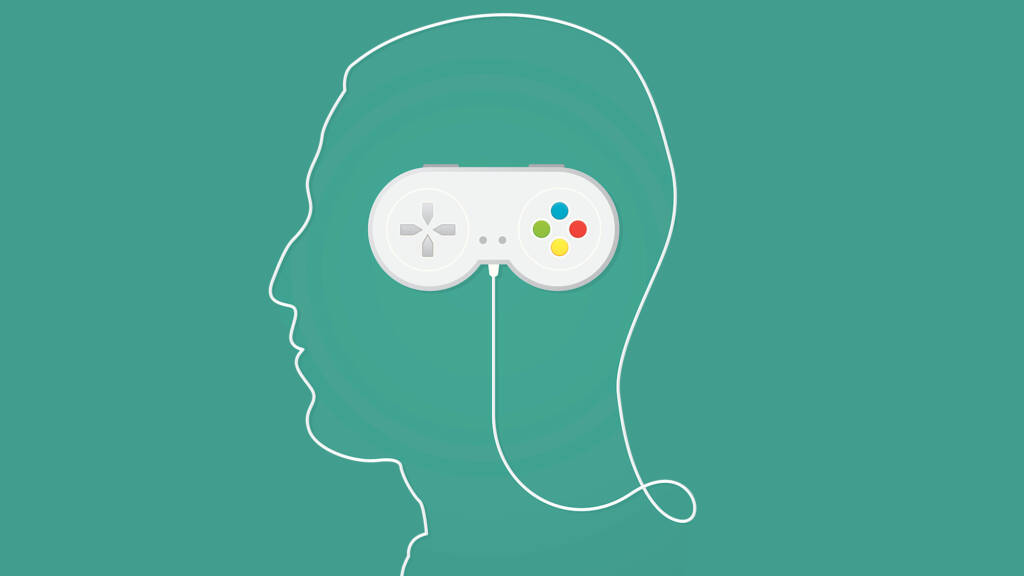
Video Games and Cognitive Skills
Video games are more than just entertainment, they offer numerous cognitive benefits that enhance mental agility and problem-solving abilities. Action-packed games like Call of Duty and Fortnite demand quick reflexes and sharp hand-eye coordination, helping players develop faster reaction times and better multitasking skills. Puzzle-based games like The Witness and Portal challenge players to think critically and solve complex problems, improving logical thinking and creativity. Research has shown that playing video games can strengthen cognitive functions such as attention span, memory retention, and spatial awareness, making them valuable tools for brain training.
Gaming as a Stress Reliever
Many people turn to video games as a form of escapism and relaxation. Titles like Animal Crossing: New Horizons and Stardew Valley are designed to create calm, stress-free environments where players can engage in repetitive, soothing activities like fishing, farming, and decorating. These games provide a sense of accomplishment without high-stakes challenges, allowing players to unwind and forget about the pressures of daily life. In addition, multiplayer games offer a social outlet, where players can connect with friends, chat, and share in-game experiences, creating a positive impact on mental well-being. Studies have shown that gaming, when done in moderation, can be an effective way to reduce stress and boost mood.
The Social Aspects of Gaming
Gaming has evolved into a highly social activity, where players can connect with others around the world in real time. Multiplayer games like Among Us, Fortnite, and League of Legends require teamwork and communication, encouraging players to form bonds and work together towards a common goal. Online gaming communities offer spaces for players to interact, share strategies, and form friendships, fostering a sense of belonging. For many players, gaming serves as a social lifeline, helping them stay connected to friends and meet new people with similar interests. These social aspects of gaming not only enhance the overall experience but also contribute to players’ emotional and social well-being.
The Risks of Over-Gaming
While gaming offers numerous benefits, excessive play can lead to negative outcomes. Spending too much time in front of a screen can lead to physical issues such as eye strain, poor posture, and a sedentary lifestyle, which may result in long-term health problems. Over-gaming can also contribute to mental health issues such as addiction, social isolation, and sleep disturbances. It’s important for players to strike a balance between gaming and other activities, ensuring that they maintain healthy habits while enjoying their favorite games. As awareness around gaming addiction grows, developers and platforms are increasingly offering tools to help players monitor and manage their screen time.


